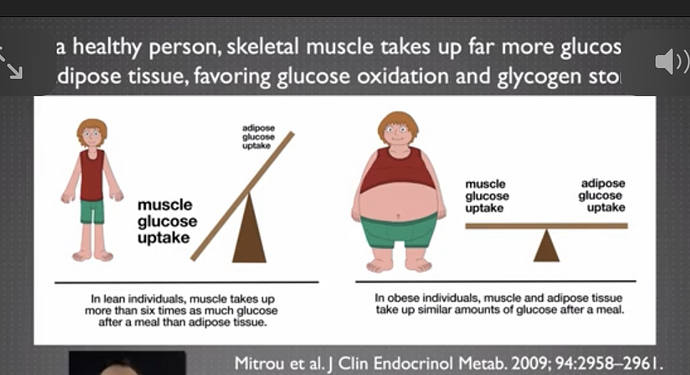So I’ve been doing OMAD (dinner) for the past 3-4 weeks (not really including weekends) and have been doing pretty well at it. I’ve been consistently losing approx. 2 lbs. per week (which are pretty identical results to when I was having a light keto lunch plus a heavier keto dinner in the weeks prior to OMAD). After doing the math, my OMAD calories end up being anywhere between 600 and 900 calories per day, plus my protein and fat macros are pretty low from what I believe I should be intaking.
I did a 72 hour fast last week, which helped me understand the difference in feeling between hunger and just an empty stomach, so I can’t really call my recent mid-day stomach grumbling as hunger, and have no problem pushing through till dinner time.
My question is, is my daily low caloric intake going to harm me at some point? I have quite a bit of body fat at the moment, I’m 5’9, 253lbs.), but nowhere near as much as when I started keto a few months ago (297lbs.)
I’m really happy with what my progress has been so far, so I’m worried that I might negatively impact my metabolism with such little calories and hinder further weight loss.
Should I stop OMAD and have lunch and dinner within a 16/8 window again, or should I keep on doing what I’m doing with OMAD 5 days/week, with some extra meals on weekends?

